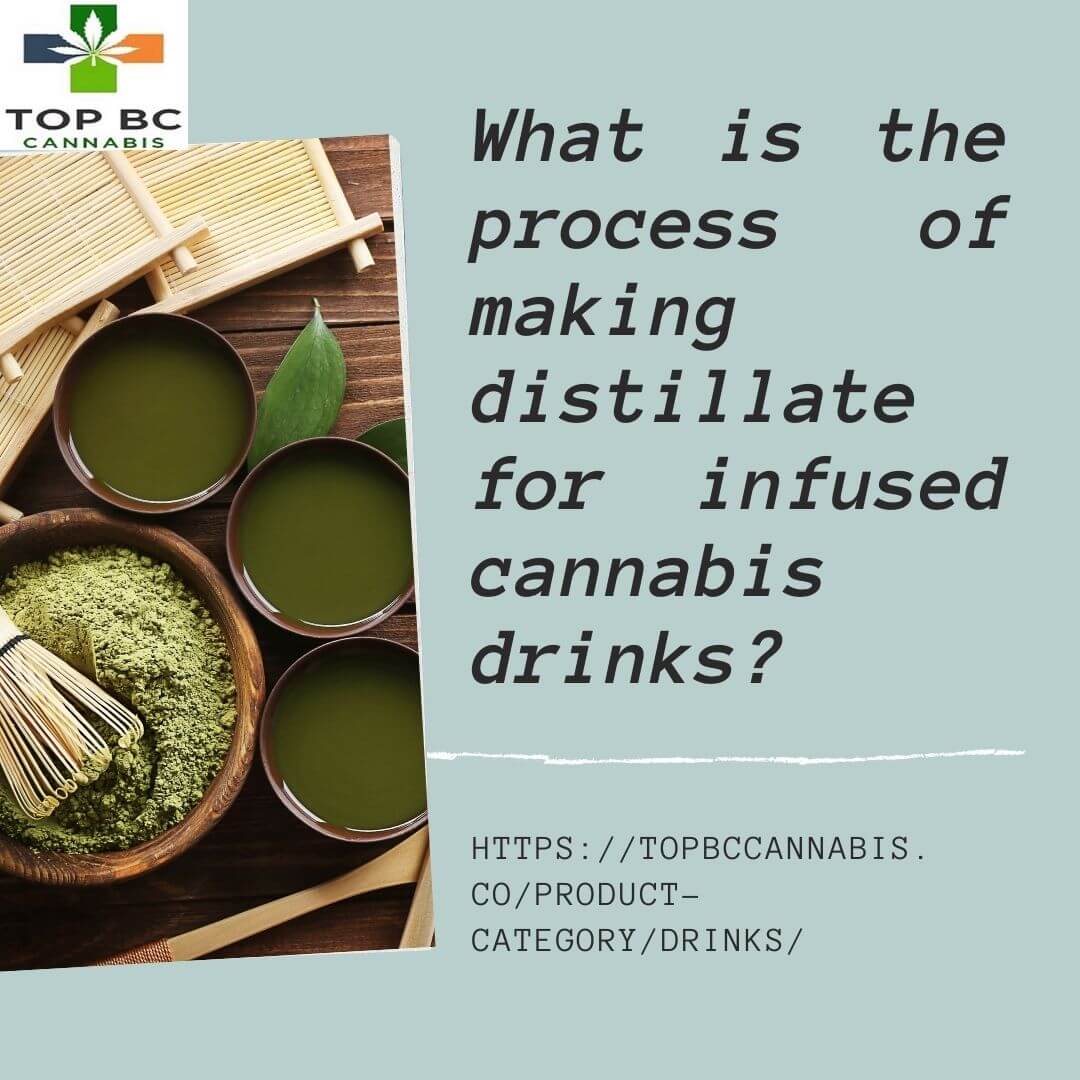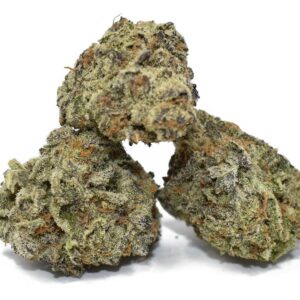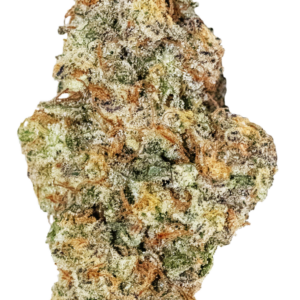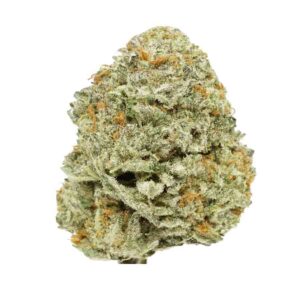The world of different cannabis concentrates for sale can be a disorienting world to navigate. Even for some seasoned veterans. There are solids, liquids and every consistency in between. Waxes, tinctures, distillates? What do they all do?
For now let’s focus on the two liquid forms that look very similar and are both found infused in cannabis drinks: tinctures and distillates.
What is Distillate?
In appearance distillate is translucent and has a syrupy liquid like consistency. It is essentially an oil but is lacking waxes like you would find with wax or shatter. With that said, you can use distillate similar to wax by dabbing it. Users can also vaporize or mix it in food products. Some people even like to mix it in with topicals.
Distillates are first and foremost a concentrate or extract. Like other cannabis concentrates for sale the goal is to have a pure, condensed product from the marijuana plant. The final solution is refined extensively in a process that isolates a specific chemical compound or cannabinoid from the plant. This singular cannabinoid could be THC or CBD for example.
For some people this is desirable because it allows the most desirable parts of the plant for that individual to take center stage without the effect of other undesirable elements. At the same time this could up the effects of a particular cannabinoid when added to other products. For example if you wanted to make edibles that were higher in CBD than THC a CBD distillate could be added to up the dosage of CBD.
To get a CBD distillate cannabidiol (CBD) is extracted from hemp flowers. In this process it becomes purified and refined. This process isn’t perfect, however, as trace amounts of other cannabinoids can still be found in the distillate. For example, a distillate containing 90% CBD could contain around 0.3% in THC. These amounts are small enough that this CBD distillate could still be sold in a market where THC-infused products may be prohibited.
How is Distillate Made
Distillate comes from “distillation.” To distill something is to remove the most important aspect of it. The distillation process is complicated and is only one part of the puzzle. However, the process to obtain a distillate can be easily understood when broken down into only a couple steps:
Extraction
Raw oil is extracted from the cannabis plant through a PXP system or similar. These are cannabis extraction systems which can process large scale quantities in closed loops. The final results in using these is that the oil remains which has a blend of cannabinoids and terpenes.
Distillation
The blended oil is taken to undergo distillation. This is the means by which the cannabinoid like CBD is isolated and purified into a high concentrate (typically 90% or higher). In this process the specific compound or cannabinoid is heated to a point of vaporization. It must not be eliminated completely so the heat must be fine tuned. This in turn returns to a purified liquid but all the other unwanted compounds are expelled in the process. This leaves behind the final product – distillate.
What Are the Benefits of Distillate for Edibles and Drinks?
A distillate is the foundational ingredient used in many cannabis food products. This is because it can zero in on a powerful singular cannabinoid. Perhaps the most important properties of distillate for adding to edibles and drinks is that it is tasteless, odorless, dissolvable, potent and easy to measure.
Tasteless and Odorless
Distillates lack terpenes which give cannabis its naturally occurring flavors and aromas. This allows the manufacturer to have a complete license of freedom on how the product tastes and smells. Some producers choose to add terpenes with the distillate. This is for a couple of reasons.
The first reason is that different strains of cannabis flowers are known by the flavor profiles. Blueberry Kush has a namesake blueberry flavor with earthy tones. The Cannabis Cup multi-award winner Bubble Gum is characterized by its sweet smell.
The second reason to add terpenes is attributed to the “Entourage Effect.” Basically this boils down to the idea that there have been numerous accounts of people believing terpenes do more than simply provide smell and scent.
With more than 200 terpenes produced per marijuana plant there is a belief that these naturally occurring molecules are there for a reason. That reason many people believe is attributed to the therapeutic impacts that cannabis holds and how these molecules interact with our bodies and minds. As terpenes and cannabinoids hit different targets perhaps the outcomes are best when they holistically work together.
Dissolves
Distillate is derived from extracted oil. Oils are hydrophobic by nature and insoluble. Tinctures use a solvent that makes them insoluble. If you’ve ever made cannabis tea then you know you need a binder like coconut oil to get the THC to latch on because it is a lipid. High-end and bulk distillates used to manufacture cannabis drinks are water soluble. Some of these can be found in a pulverized powder form like an instant coffee or electrolyte powder. They hold all the same properties of a liquid distillate but are newer technology and even water soluble.
Potent
Similar to other cannabis concentrates for sale online distillate is not for the uninitiated or inexperienced. This is powerful and potent stuff. It can be 90-99% pure cannabinoid. Depending on the effects you are looking at and the distillate you choose you can get incredibly high, sleepy or whatever effects that particular cannabinoid has on you.
Measurable
Distillate is important as a cornerstone ingredient for cannabis product designers because it can standardize canninoid ingredients which may be difficult to otherwise measure. By taking a plant with a biomass of unpredictable quantities it can extract exactly what is wanted. A cannabinoid like CBD or THC goes from within the plant to a solution that is measurable. The potency of the solution is known and simply by adding the prescribed amount a product can be altered or created.
Distillates Versus Tinctures: Let’s Review
Here is a brief concentrate recap for those interested in cannabis concentrates for sale. Distillates and tinctures are both liquid form concentrates but they are actually opposite to one another. A tincture is essentially a solvent.
On the other hand, a distillate uses no solvents. You can dab with a wax or distillate but a tincture is primarily used only orally or sublingually. You can put both tinctures and distillates in both food and drink but should never do so with wax. A tincture contains terpenes which give it a strong cannabis taste but a distillate is tasteless. Refer to our blog and website for more information on wax, shatter and tinctures.





